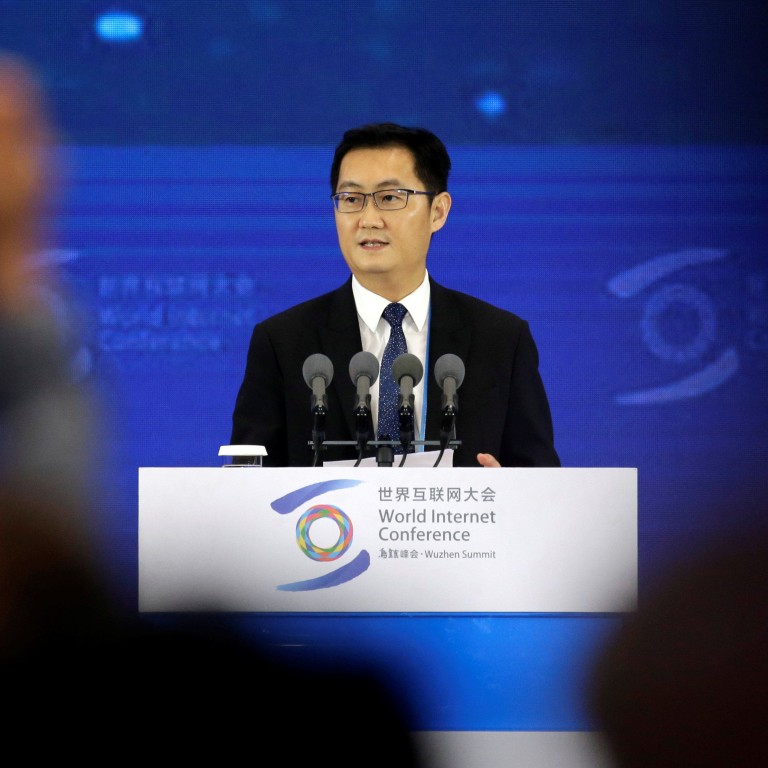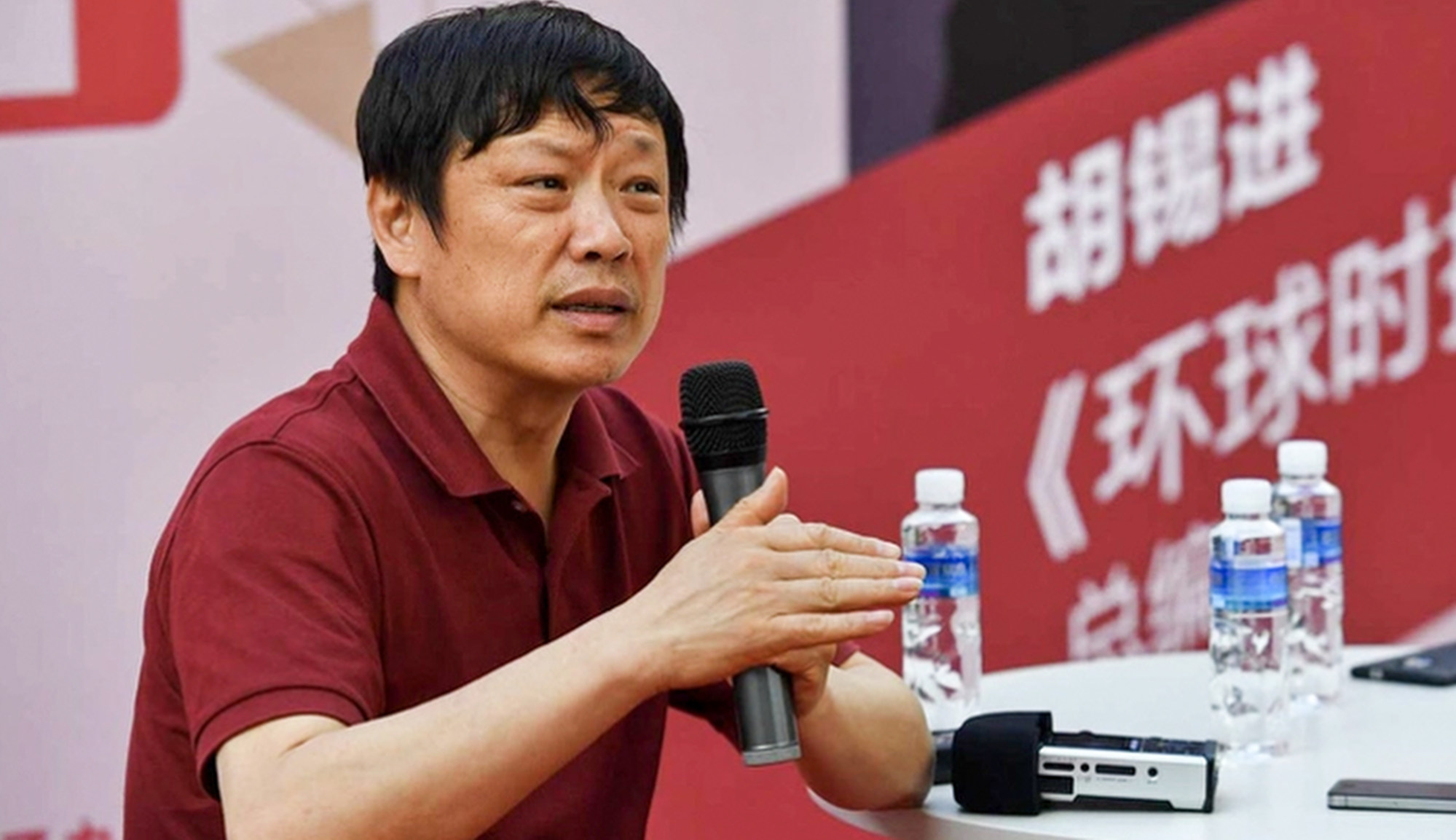
Tencent CEO Pony Ma sparks fresh online discussion about China’s economic pain after sharing viral social media article
- Pony Ma endorsed to his WeChat contacts an online essay that paints a bleak picture of China’s economy under Beijing’s dynamic zero-Covid-19 policy
- That social media post reflected an uncharacteristic step for the Tencent founder, who has kept a low profile in recent years
Ma described as “truly vivid” a paragraph from the article that lambasts those who doubt the value of services provided by China’s tech sector during these trying times.

“Some netizens believe enterprises can go bankrupt, but can’t lay off people, and businesses can go bust, but can’t demand overtime,” the article said. “They relate China’s economy solely to chips and so-called hardcore tech, but disregard food, clothing, transport and housing [which they see] as too vulgar or insignificant [to be concerned about].”
“[But] these people will not shy from cursing couriers if their food delivery is late for 10 minutes,” according to the paragraph cited by Ma.
Tencent did not immediately reply to a request for comment on Monday.
The article that Ma endorsed, which carefully avoided any direct attack on the government, remained uncensored on China’s internet as of Monday.
Tencent’s Pony Ma pledges to serve society despite slower growth
The original article had become so popular on Chinese social media that Hu himself published a new article on Saturday to play down his role in growing discussions online about the country’s economy.
Ma, who founded China’s most valuable technology company in 1998, has made no major public appearances since early last year, when he showed up at the country’s annual parliamentary gathering in Beijing.
“I would like to call on society to show they care about these private companies, which support hundreds of millions of ordinary families,” said Peng, who serves as chief executive of a tech firm in southwestern Sichuan province, according to verified information on his Weibo account. “We should protect the workers, as well as the business operators.”
Tencent’s depressed quarterly results show China’s tech sector growth set to recede
While Ma’s post was sent to only his WeChat friends, it was a sign that the “voiceless has decided to speak out”, according to a WeChat post by Zhang Ming, a professor at Renmin University of China in Beijing.
Will China’s Big Tech crackdown ease? Top advisory body meeting offers hope


